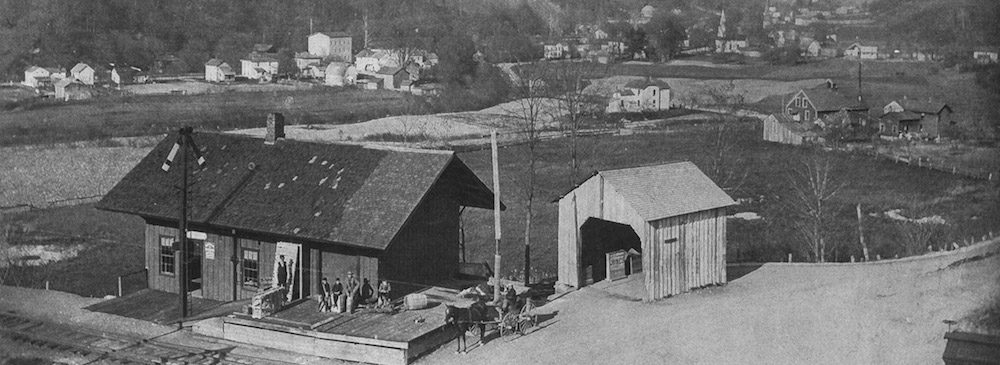Lois O'Connor was a feature writer for the Ithaca Journal, well known for her Crossroads Comments. In this article, published on August 30, 1956, she describes her visits with several Caroline families: Malcolm and Jean Sloan, Bessie Barnes, Meredith and Hazel Brill, and Florence Henry.
Crossroads Comment By Lois O'Connor
Sea Captain Drops Anchor at Farm in Caroline
“I can’t imagine a farm in New York. It sounds as silly as a cow in a skyscraper.”
So a friend in Dublin, Ireland, wrote to Mrs. Malcolm Sloan when she heard that the Sloans had purchased a farm in Upstate New York. “Over there, they can’t imagine what New York State is like outside of New York City, Mrs. Sloan told me when I visited her at Anchor Farm on the Midline Rd. out of Slaterville.
“In all the books, no one ever tells how wonderful Upstate New York is,” said Mrs. Jane Tayler, Mrs. Sloan’s mother, who is visiting here from Donaghadee, County Down, Ireland.
...continue reading "Lois O’Connor visits Slaterville Families"
